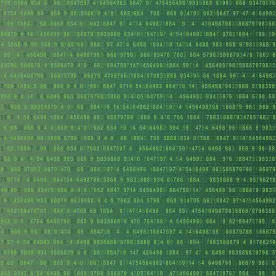TCPWorld recently reported on the Federal Communications Commission (FCC) notice of proposed rulemaking to implement Section 8 of the TRACED Act. (https://docs.fcc.gov/public/attachments/FCC-20-140A1.pdf). Therein, Congress directed the FCC to “ensure that any exemption [under the Telephone Consumer Protection Act (TCPA] granted under sections 227(b)(2)(B) or (C) [of the TCPA]allowing callers to make artificial voice, prerecorded voice, or autodialed calls without consent include certain conditions.” More specifically, Section 8 requires that “any such exemption contain requirements with respect to: “(i) the classes of parties that may make such calls; (ii) the classes of parties that may be called; and (iii) the number of such calls that a calling party may make to a particular called party.”
The FCC has now set the comment dates for the NPRM, with initial comments due by October 26, 2020 and reply comments due by November 3, 2020 (https://www.govinfo.gov/content/pkg/FR-2020-10-09/pdf/2020-22331.pdf).
Again, pursuant to this legislative directive, the FCC’s NPRM seeks comment on whether nine (9) specific exemptions need to be amended to satisfy Section 8. Those exemptions are:
-
Non-commercial calls to a residence
-
Commercial calls to a residence that do not constitute telemarketing
-
Tax –exempt non-profit calls to a residence
-
HIPPA- related calls to a residence
-
Package-delivery-related calls to a wireless number
-
Financial-institution calls to a wireless number
-
Health-care related calls to a wireless number
-
Inmate calling service calls to a wireless number
-
Cellular carrier calls to their own subscribers
So if you are interested in the potential regulatory longevity of some of these TCPA exemptions in their current form, the time to weigh in is nigh.




 />i
/>i
